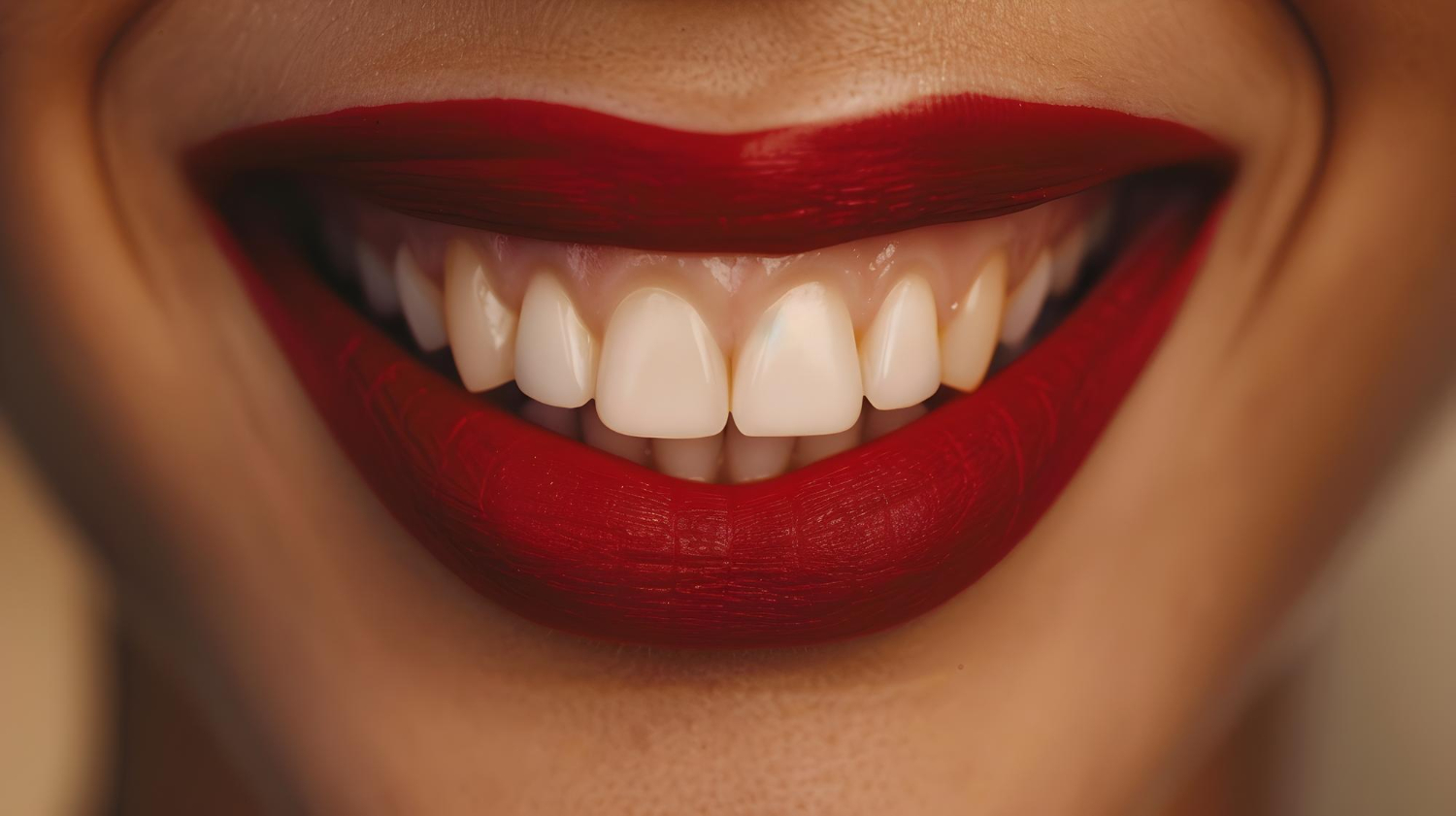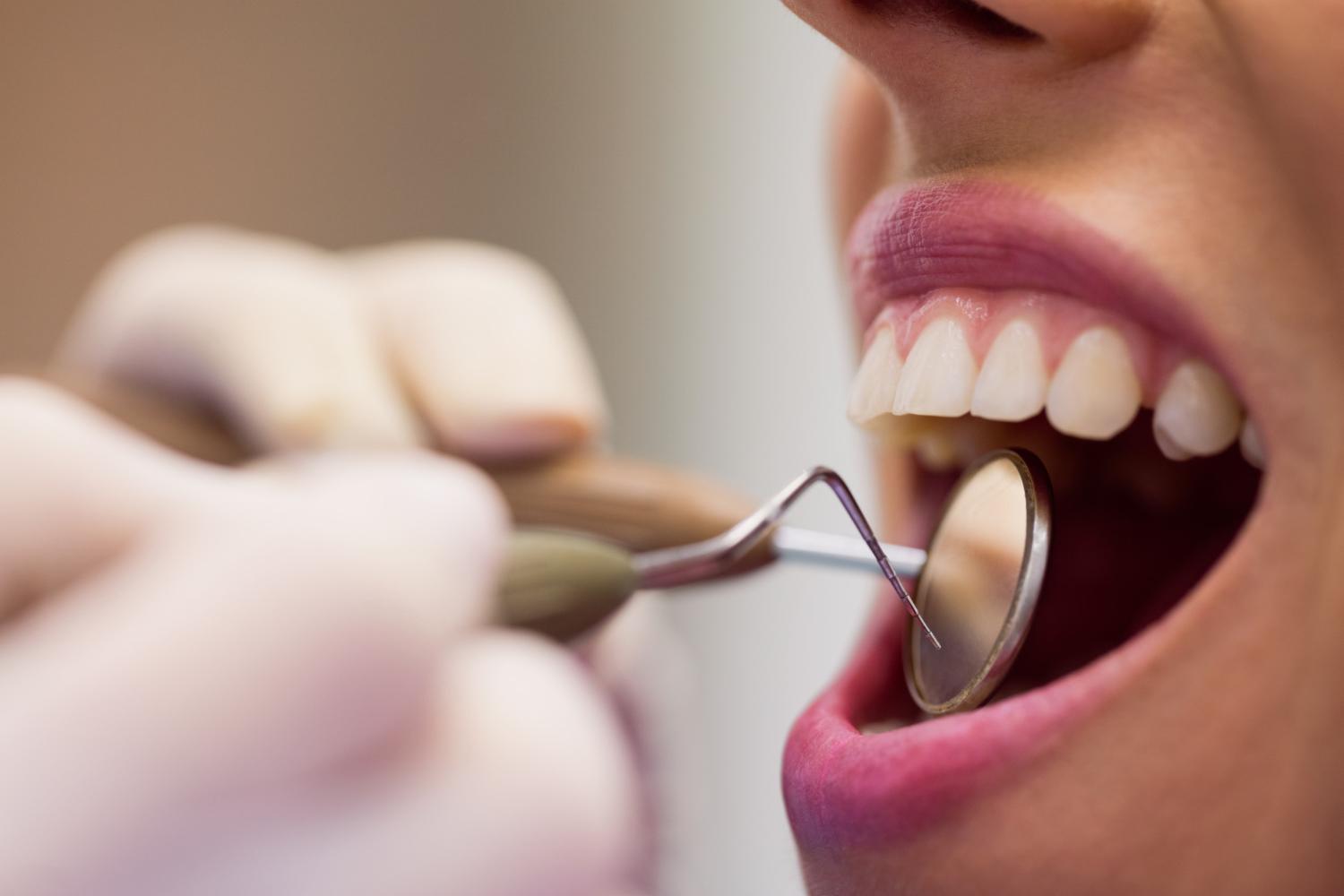Chipped, cracked, or aching teeth aren’t just a pain—they’re a warning. Dental crowns might sound intimidating, but they’re one of the smartest ways to protect and restore your smile. These custom-made caps do more than fix problems; they stop bigger ones from happening. So, if your dentist says it’s time for a crown, it’s not just about looks—it’s about keeping your tooth healthy for years.
Protecting Fractured Teeth with Durable Dental Crowns
Teeth take on a lot. Chewing, grinding, and unexpected hits from accidents can cause fractures that weaken a tooth’s structure. Once a crack starts, it can spread like a crack in glass. A dental crown works as a protective shell, covering the damaged tooth completely and holding it together. This way, you can bite and chew with confidence again, without fearing that your tooth will split further.
Dentists recommend crowns when a tooth is too damaged for a filling but still has a healthy root. Instead of pulling the tooth, a crown can save it. That’s a big deal because losing a tooth means dealing with bridges or implants later. Getting a crown early means you avoid all of that. Think of it like armor for your tooth—tough, reliable, and made to last.

Restoration of Tooth Structure After Extensive Decay
Tooth decay isn’t always solved with a simple filling. In some cases, decay can destroy so much of the tooth that there isn’t enough left to support a filling at all. That’s where a crown comes in. It replaces the lost structure and strengthens what remains. The crown restores the shape and function of the tooth, letting you chew normally and speak clearly again.
If you’ve ever had a large cavity that kept coming back, you know how frustrating that can be. A crown puts a stop to that cycle. It seals off the tooth from further decay and offers a more permanent solution. It doesn’t just fill a gap—it rebuilds your tooth so you don’t have to think about it every time you take a bite.
How Dental Crowns Reinforce Root Canal-Treated Teeth
After a root canal, the inside of the tooth is cleaned out and sealed, but the outer shell remains vulnerable. The procedure removes infected pulp, but it also leaves the tooth more brittle. That’s why dentists often top off a root canal with a crown. It wraps the tooth in strength, restoring both form and function.
Without a crown, a root canal-treated tooth can crack under pressure. A crown distributes the pressure evenly, especially when chewing tough foods. For molars, this is especially important. It ensures the tooth stays strong over time and doesn’t crumble under daily stress. Think of the crown as the finishing touch that locks in the work already done.
Porcelain Crowns for Natural, Aesthetic Smile Restoration
Crowns aren’t just about strength—they’re about style, too. Porcelain crowns are designed to look just like natural teeth. Their color, shape, and sheen blend seamlessly with your smile. If you have a tooth that’s discolored, misshapen, or worn down, porcelain offers a cosmetic solution that doesn’t look like dental work at all.
This is especially important for front teeth, where appearances matter most. Modern dental labs use detailed color-matching to ensure the crown fits perfectly with your other teeth. You won’t see a metal line or a strange color shift. Just a clean, confident smile that you can show off without a second thought.
Costs of Dental Crowns Based on Material Choices and Complexity
When you’re considering a dental crown, cost depends largely on two big factors: what the crown is made of and how complex the procedure needs to be. Material choices range from metal alloys to porcelain blends, each with its own price tag due to strength, aesthetics, and manufacturing method.
Gold and high-noble metal crowns generally cost between $600 and $2,500 per tooth. They’re strong, durable, and require less enamel removal, but they don’t blend with natural teeth. Porcelain-fused-to-metal (PFM) crowns strike a balance, averaging around $800 to $1,400, offering a natural look with hidden metal strength. All-porcelain, zirconia, and E-Max crowns shine when aesthetics matter most, with prices usually in the range of $800 to $3,000 per tooth due to their detailed craftsmanship and lifelike appearance.
Complexity also plays a big role. A crown on a back molar may cost more simply because it needs more material. If the tooth needs prep work before crowning—such as build-ups, core support, or addressing decay—the price climbs. There’s also the lab technique: custom shading and CAD/CAM milling or in-office same-day crowns can add hundreds to the cost. Most estimates fall between $1,000 and $3,000, sometimes higher in areas with higher dental fees due to labs or advanced tech.

Dental Crown Placement to Prevent Further Oral Health Issues
Ignoring a cracked or decayed tooth can lead to infections, gum problems, or even bone loss. A crown protects the tooth from bacteria and keeps the surrounding area stable. By sealing the top of the tooth, it prevents food and plaque from getting into weak spots and causing further damage.
Crowns also help maintain your bite. When a tooth is too worn down or unstable, it can throw off your entire bite pattern, causing headaches or jaw pain. A well-placed crown balances everything back out. It’s not just about fixing what’s broken—it’s about preserving the bigger picture of your oral health.
Reclaim Your Smile with Confidence and Care from Smiling Creek Dental
If you’ve been putting off a crown or unsure about the cost, know that you don’t have to figure it out alone. At Smiling Creek Dental, we take the time to walk you through every option—from the types of crowns available to how it fits into your budget. Our team believes in real conversations, not rushed decisions, so you feel confident every step of the way.
We use top-tier materials and work with experienced labs to ensure your crown fits beautifully and lasts for years. Whether it’s restoring a tooth after damage or enhancing your smile with porcelain precision, we’re here to help you feel great about your dental health. Contact us today to book a consultation and take the first step toward a stronger, brighter smile.


